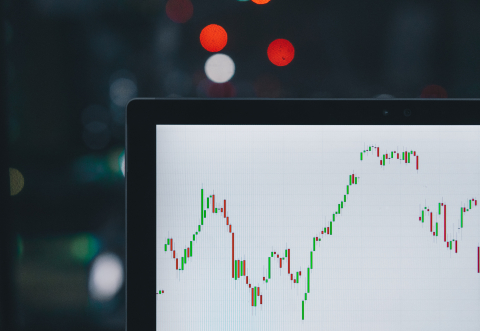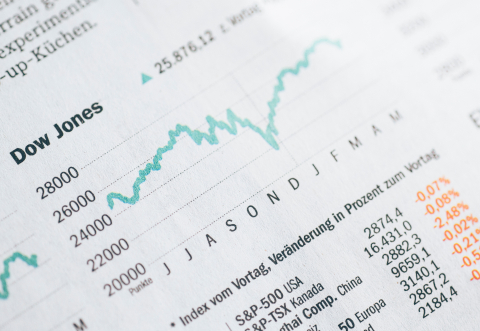Capital markets
Investment managers, acting on behalf of their retail and institutional clients, are among the largest investors in financial markets. They represent a key component of the market’s “buy-side” segment.
In representing the interests of its members on wholesale capital market issues, EFAMA advocates for fair, deep, liquid, and transparent capital markets, supported by properly regulated and supervised market infrastructure.
EFAMA’s Reply to LEI ROC’s 2nd Consultation Document on Fund Relationships in the Global LEI System
EFAMA response to EMMI's 2nd consultation on a new hybrid methodology for Euribor
EFAMA reply to FSB consultation on Incentives to Centrally Clear over-the-Counter (OTC) Derivatives
EFAMA urges changes to MBI implementation timetable
Following the publication of the European Commission report confirming the settlement discipline regime will be reviewed, Susan Yavari, Regulatory Affairs Adviser at EFAMA, commented:
3 Questions to Christophe Binet on LIBOR Transition
Q #1 When will LIBOR phase out and which rates will be replacing it?
The London Interbank Offered Rate, also known as LIBOR®, is a widely-used index for short-term interest rates that is commonly found in
Joint statement by EFAMA and EFSA on Consolidated Tape and market data costs
The appropriate construction, and conditions for the usage, of a Consolidated Tape
3 Questions to Jean-Louis Schirmann on the use of EURIBOR
Q #1 How was Euribor impacted by the adoption of the Benchmark Regulation (BMR) and what are the relevant features of the reformed Euribor for investment managers?
3 Questions to Christophe Binet on LIBOR Transition
Q #1 When will LIBOR phase out and which rates will be replacing it?
The London Interbank Offered Rate, also known as LIBOR®, is a widely-used index for short-term interest rates that is commonly found in
Global Memo: Benchmark Data Costs
A key purpose of the financial system is to allocate capital and risk in a manner that supports sustainable economic development and growth, including through the provision of financing, investment and hedging products. Financial benchmarks/indices are fundamental to the functioning of financial markets and are widely used in both retail and wholesale markets. In particular, benchmarks are a valuable tool helping market participants to set prices, measure performances, or work out amounts payable under financial contracts or instruments.
































